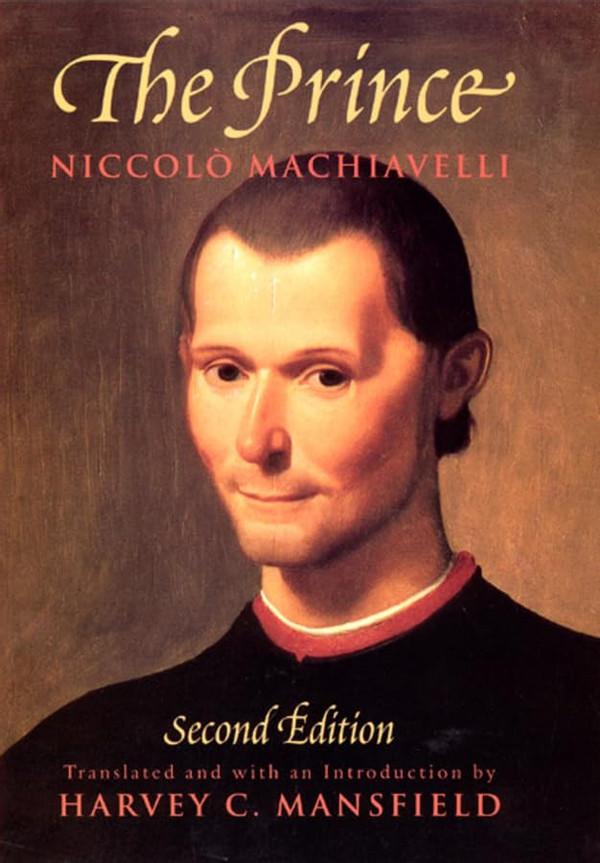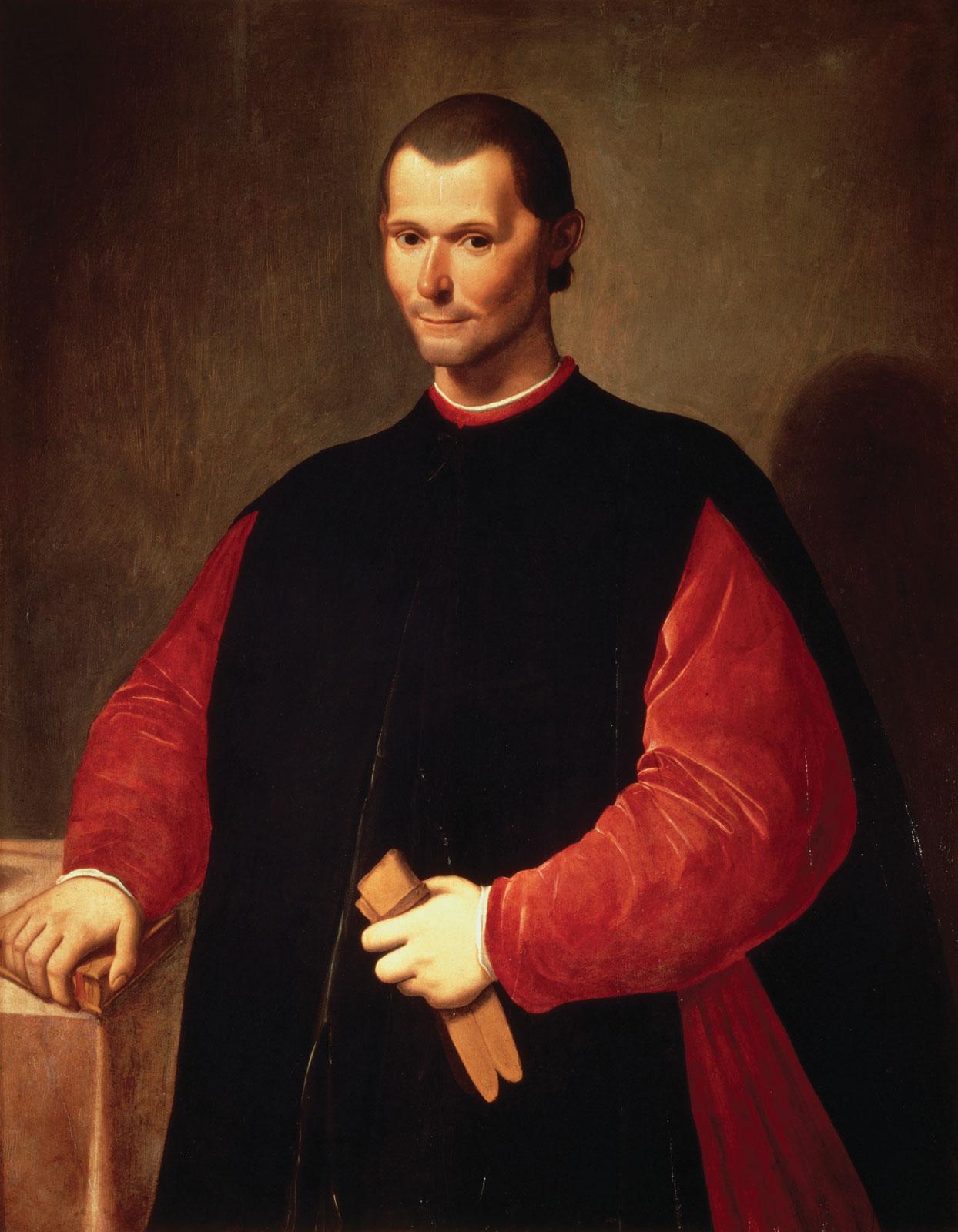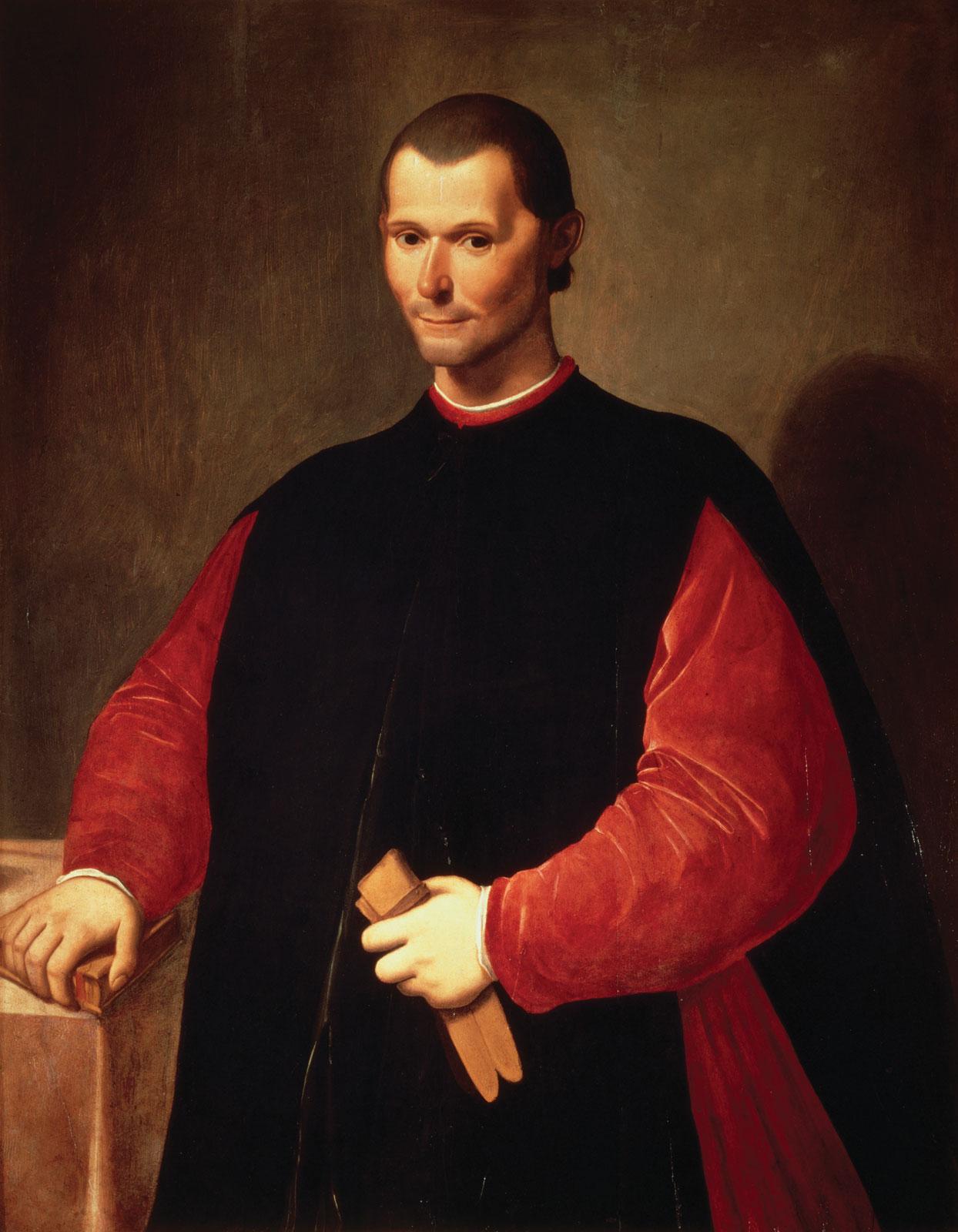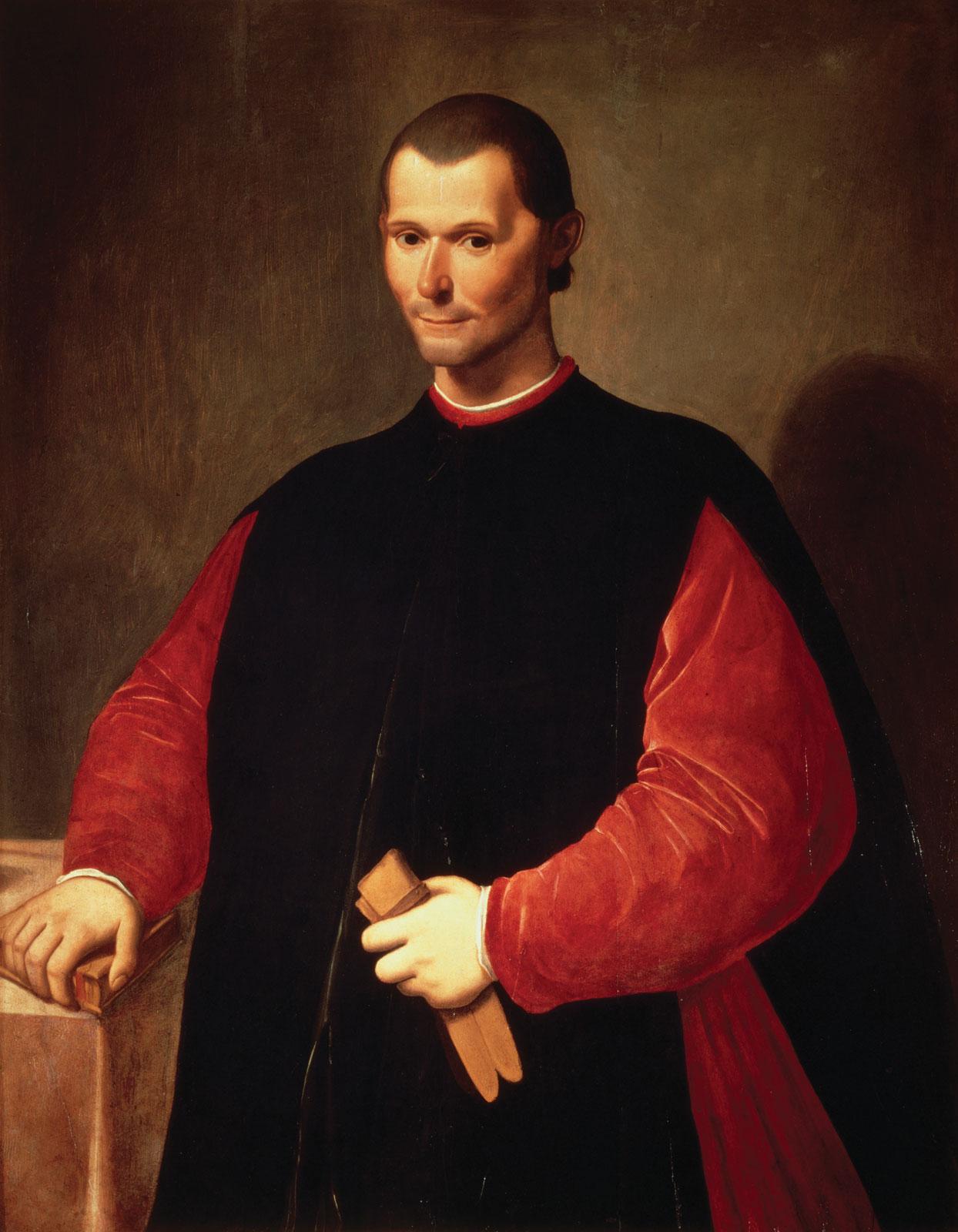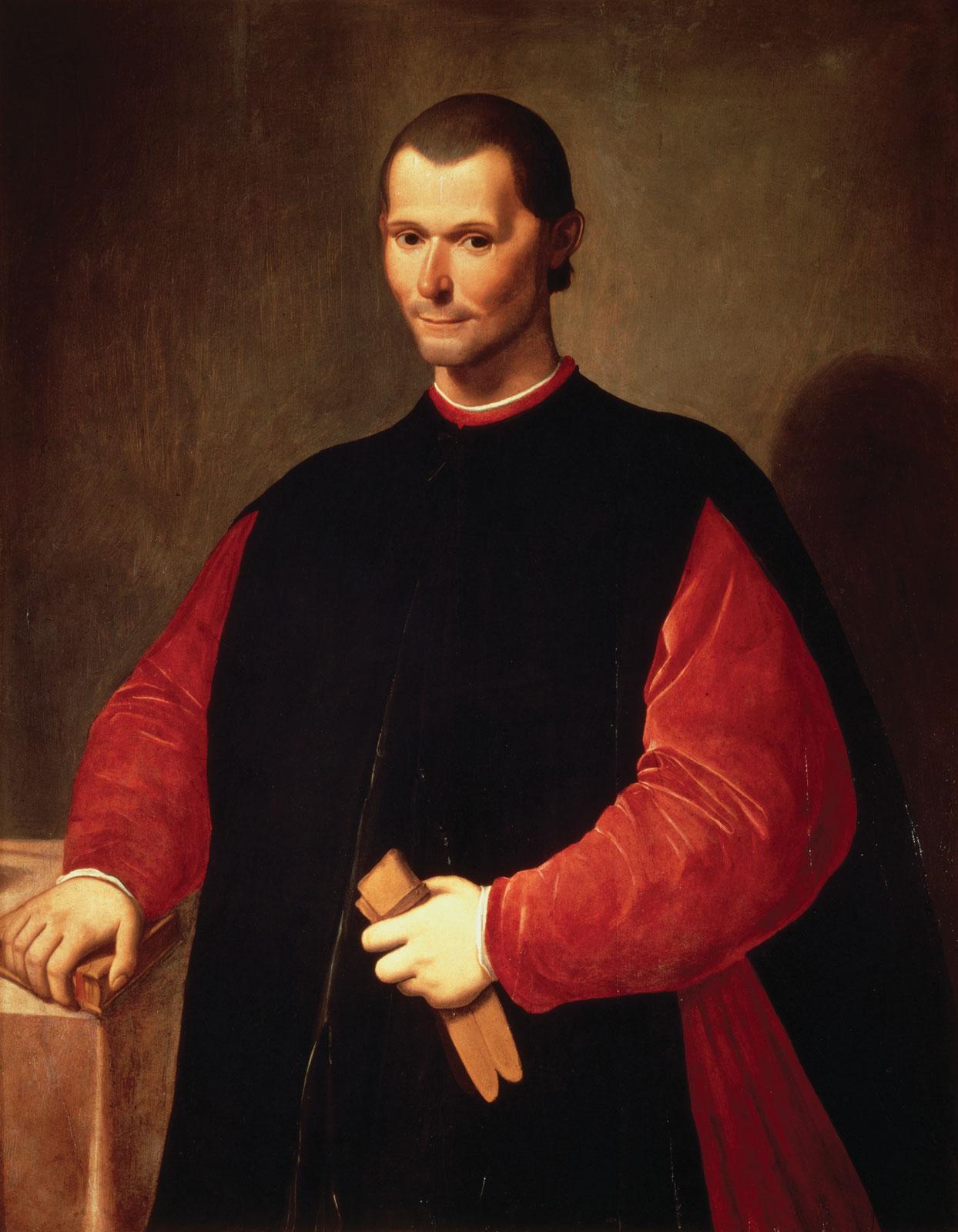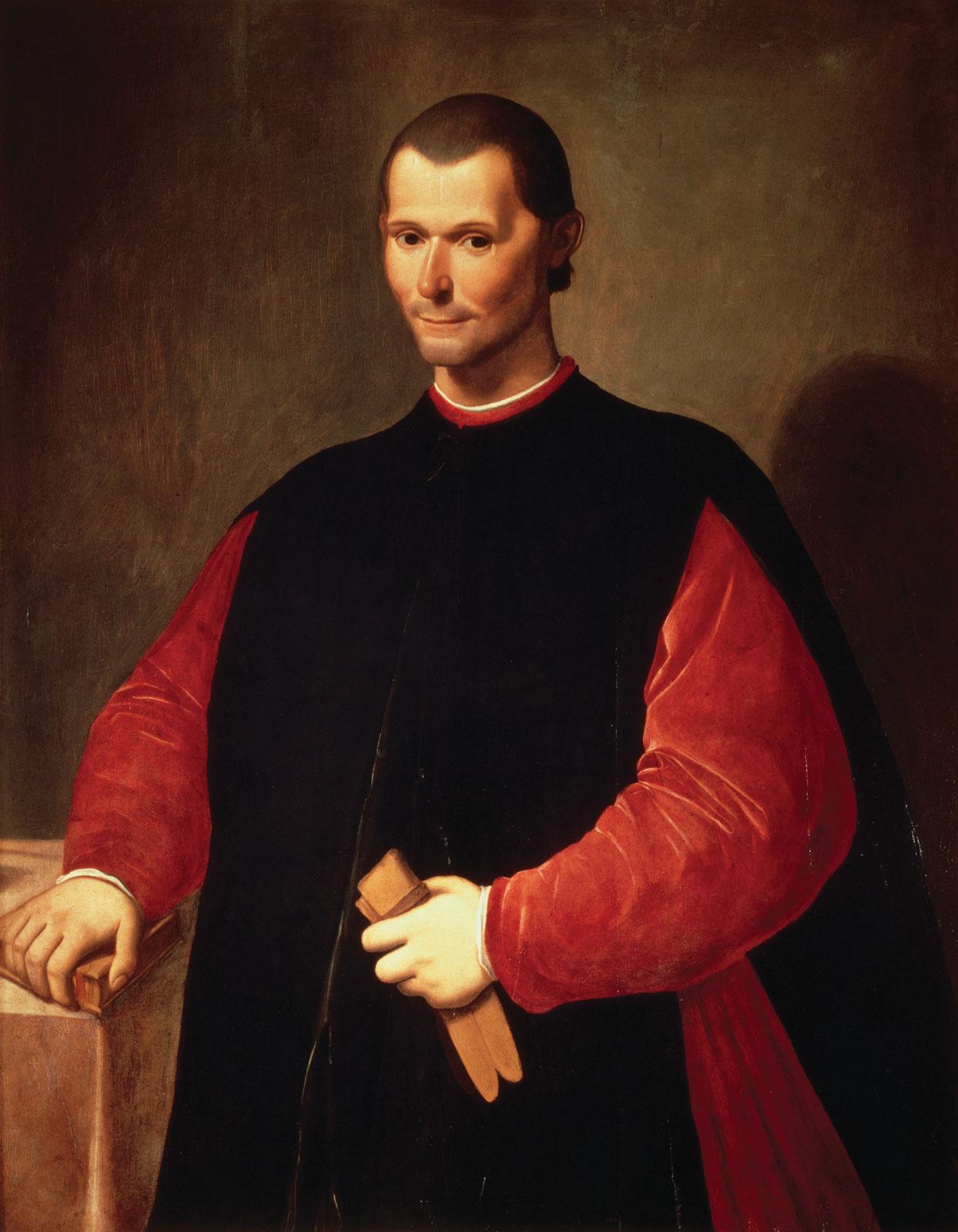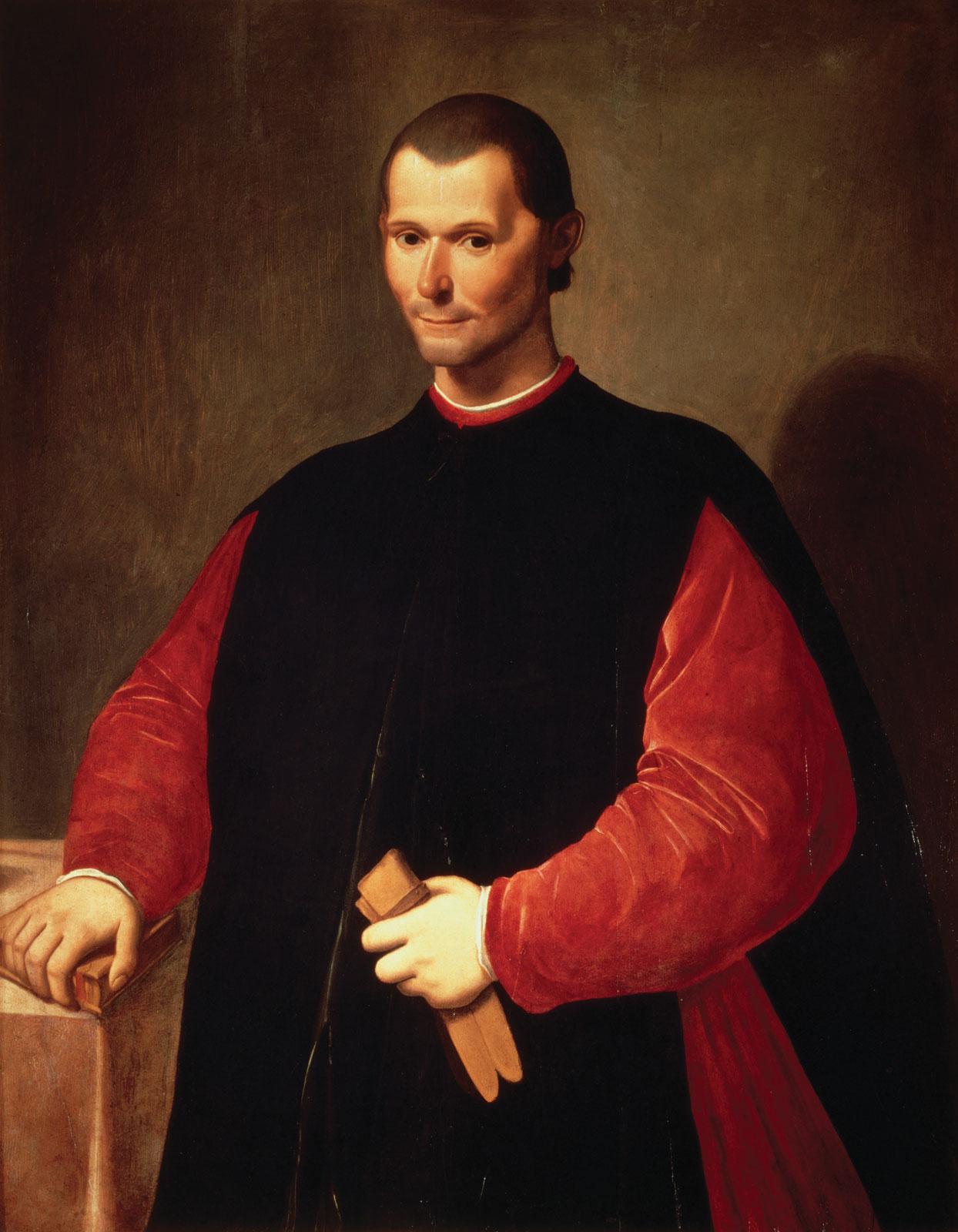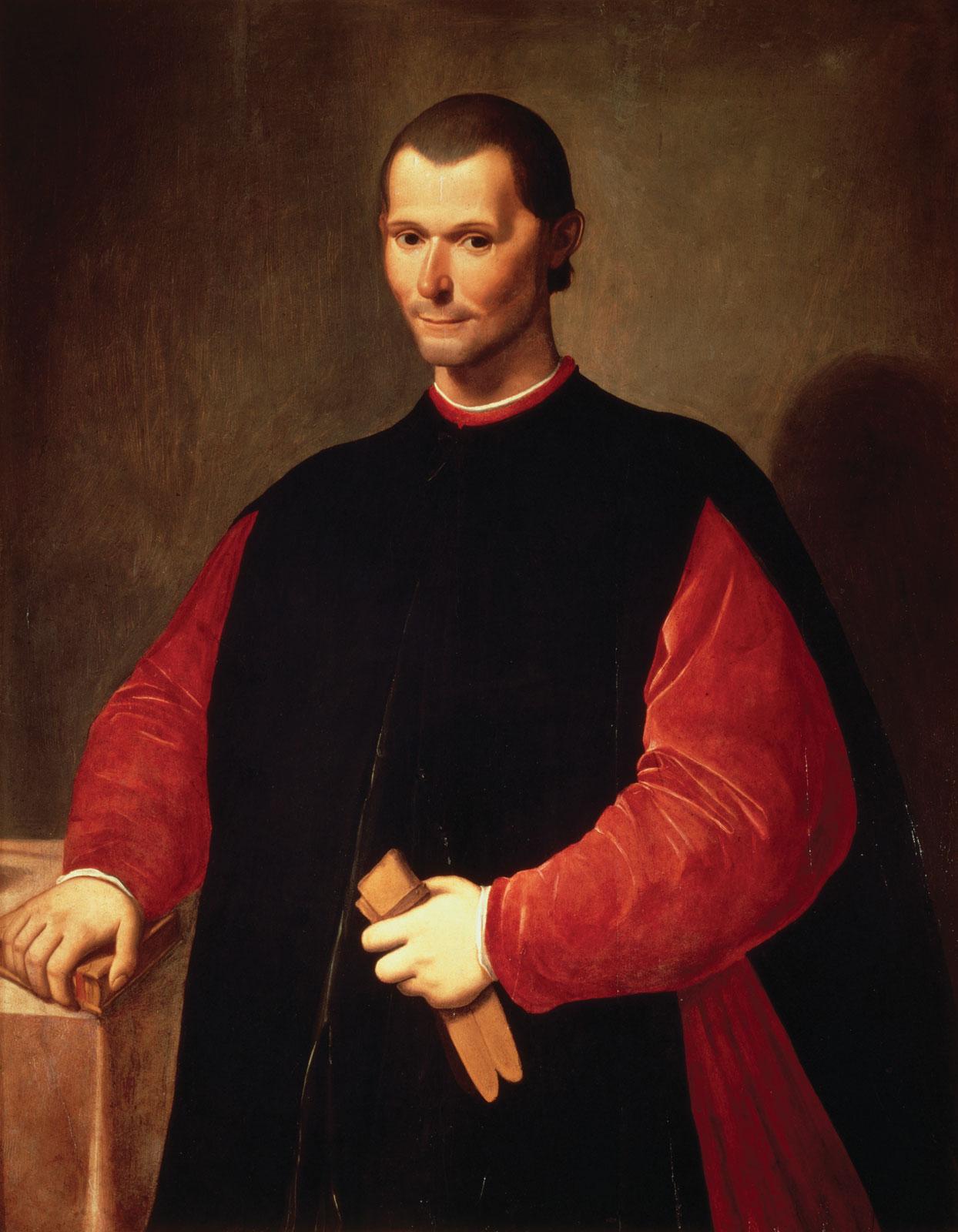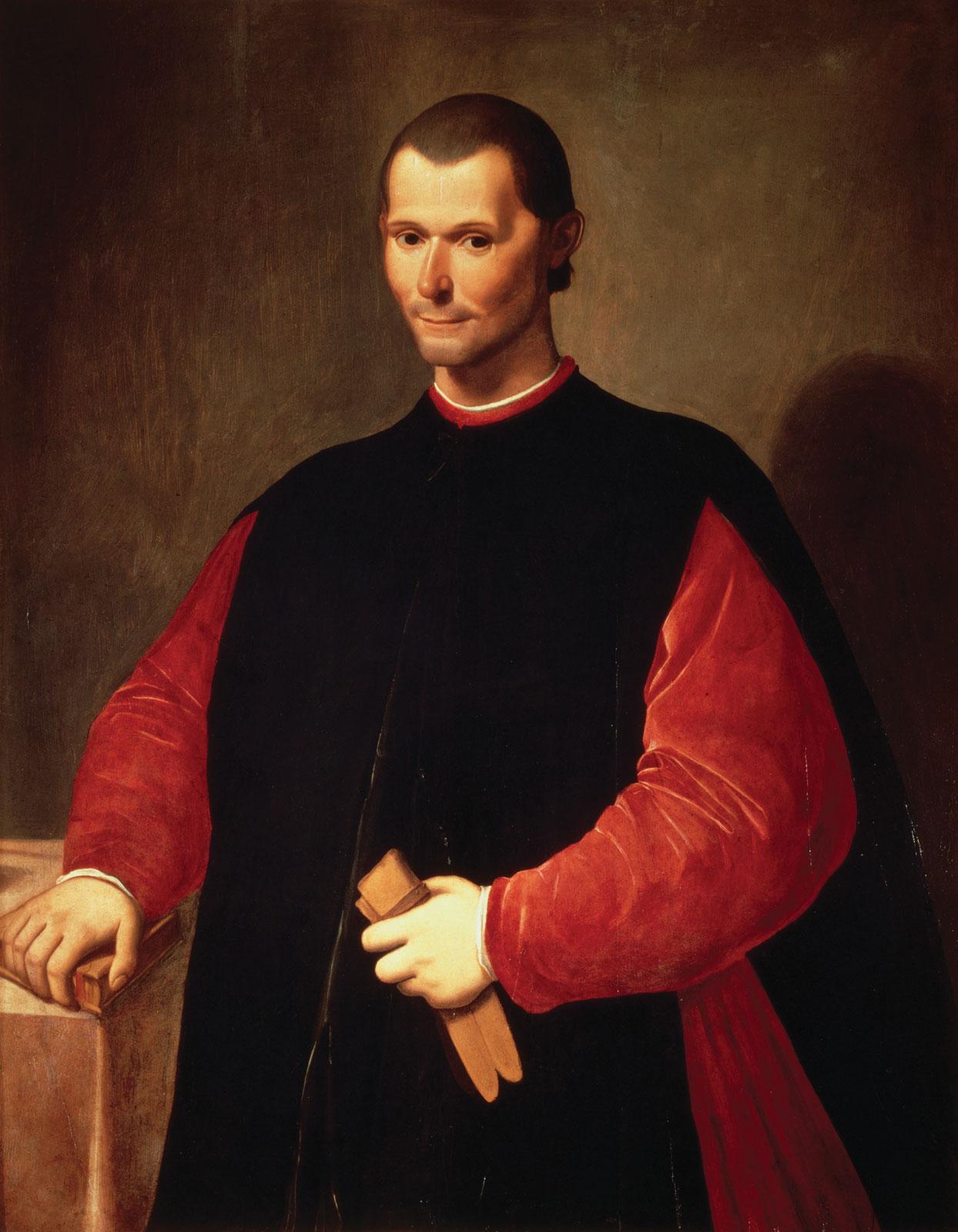Prince Rahul's Key Ideas from The Prince
by Niccolò Machiavelli
Ideas, facts & insights covering these topics:
15 ideas
·18K reads
50
2
Explore the World's Best Ideas
Join today and uncover 100+ curated journeys from 50+ topics. Unlock access to our mobile app with extensive features.
Men will not look at things as they really are, but as they wish them to be—and are ruined.
NICCOLÒ MACHIAVELLI
192
3.03K reads
He who is the cause of another becoming powerful is ruined; because that predominancy has been brought about either by astuteness or else by force, and both are distrusted by him who has been raised to power.
NICCOLÒ MACHIAVELLI
134
2.18K reads
”He who obtains sovereignty by the assistance of the nobles maintains himself with more difficulty than he who comes to it by the aid of the people, because the former finds himself with many around him who consider themselves his equals, and because of this he can neither rule nor manage them to his liking. But he who reaches sovereignty by popular favour finds himself alone, and has none around him, or few, who are not prepared to obey him.”
NICCOLÒ MACHIAVELLI
143
1.55K reads
“Therefore a wise prince ought to adopt such a course that his citizens will always in every sort and kind of circumstance have need of the state and of him, and then he will always find them faithful.
NICCOLÒ MACHIAVELLI
129
1.44K reads
But to exercise the intellect the prince should read histories, and study there the actions of illustrious men, to see how they have borne themselves in war, to examine the causes of their victories and defeat, so as to avoid the latter and imitate the former.
NICCOLÒ MACHIAVELLI
141
1.23K reads
“A wise prince ought to observe some such rules, and never in peaceful times stand idle, but increase his resources with industry in such a way that they may be available to him in adversity, so that if fortune chances it may find him prepared to resist her blows.”
NICCOLÒ MACHIAVELLI
137
1.11K reads
“Nevertheless he ought to be slow to believe and to act, nor should he himself show fear, but proceed in a temperate manner with prudence and humanity, so that too much confidence may not make him incautious and too much distrust render him intolerable.”
NICCOLÒ MACHIAVELLI
133
991 reads
“Whether it be better to be loved than feared or feared than loved?
It may be answered that one should wish to be both, but, because it is difficult to unite them in one person, it is much safer to be feared than loved. Because this is to be asserted in general of men, that they are ungrateful, fickle, false, cowardly, covetous, and as long as you succeed they are yours entirely; they will offer you their blood, property, life, and children, as is said above, when the need is far distant; but when it approaches they turn against you.”
NICCOLÒ MACHIAVELLI
143
908 reads
It is much safer to be feared than loved because ...love is preserved by the link of obligation which, owing to the baseness of men, is broken at every opportunity for their advantage; but fear preserves you by a dread of punishment which never fails.
NICCOLÒ MACHIAVELLI
142
924 reads
“You must know there are two ways of contesting, the one by the law, the other by force; the first method is proper to men, the second to beasts; but because the first is frequently not sufficient, it is necessary to have recourse to the second.”
NICCOLÒ MACHIAVELLI
134
864 reads
"But to enable a prince to form an opinion of his servant there is one test which never fails; when you see the servant thinking more of his own interests than of yours, and seeking inwardly his own profit in everything, such a man will never make a good servant, nor will you ever be able to trust him; because he who has the state of another in his hands ought never to think of himself.”
NICCOLÒ MACHIAVELLI
135
784 reads
“On the other hand, to keep his servant honest the prince ought to study him, honouring him, enriching him, doing him kindnesses, sharing with him the honours and cares; and at the same time let him see that he cannot stand alone, so that many honours may not make him desire more, many riches make him wish for more, and that many cares may make him dread chances."
NICCOLÒ MACHIAVELLI
126
762 reads
“Men ought either to be well treated or crushed, because they can avenge themselves of lighter injuries, of more serious ones they cannot; therefore the injury that is to be done to a man ought to be of such a kind that one does not stand in fear of revenge.”
NICCOLÒ MACHIAVELLI
138
744 reads
“A wise man ought always to follow the paths beaten by great men, and to imitate those who have been supreme, so that if his ability does not equal theirs, at least it will savour of it.”
NICCOLÒ MACHIAVELLI
136
756 reads
And well-ordered states and wise princes have taken every care not to drive the nobles to desperation, and to keep the people satisfied and contented, for this is one of the most important objects a prince can have.
NICCOLÒ MACHIAVELLI
127
788 reads
IDEAS CURATED BY
The more one seeks to rise into height and light, the more vigorously do ones roots struggle earthward, downward, into the dark, the deep — into evil.
CURATOR'S NOTE
The Prince is a 16th-century political treatise written by Italian diplomat, philosopher, and political theorist Niccolò Machiavelli in the form of a realistic instruction guide for new princes...
“
Different Perspectives Curated by Others from The Prince
Curious about different takes? Check out our book page to explore multiple unique summaries written by Deepstash curators:
4 ideas
Raj Tilak Bhowmick's Key Ideas from The Prince
Niccolò Machiavelli
1 idea
Xarikleia 's Key Ideas from The Prince
Niccolo Machiavelli
50 ideas
Bruno Ferreira's Key Ideas from The Prince
Niccolò Machiavelli
Discover Key Ideas from Books on Similar Topics
5 ideas
War and Peace
graf Leo Tolstoy, Lev Nikolaevitch Tolstoï, Louise Maude, Aylmer Maude
7 ideas
4 ideas
Assassin's Apprentice
Robin Hobb
Read & Learn
20x Faster
without
deepstash
with
deepstash
with
deepstash
Personalized microlearning
—
100+ Learning Journeys
—
Access to 200,000+ ideas
—
Access to the mobile app
—
Unlimited idea saving
—
—
Unlimited history
—
—
Unlimited listening to ideas
—
—
Downloading & offline access
—
—
Supercharge your mind with one idea per day
Enter your email and spend 1 minute every day to learn something new.
I agree to receive email updates
